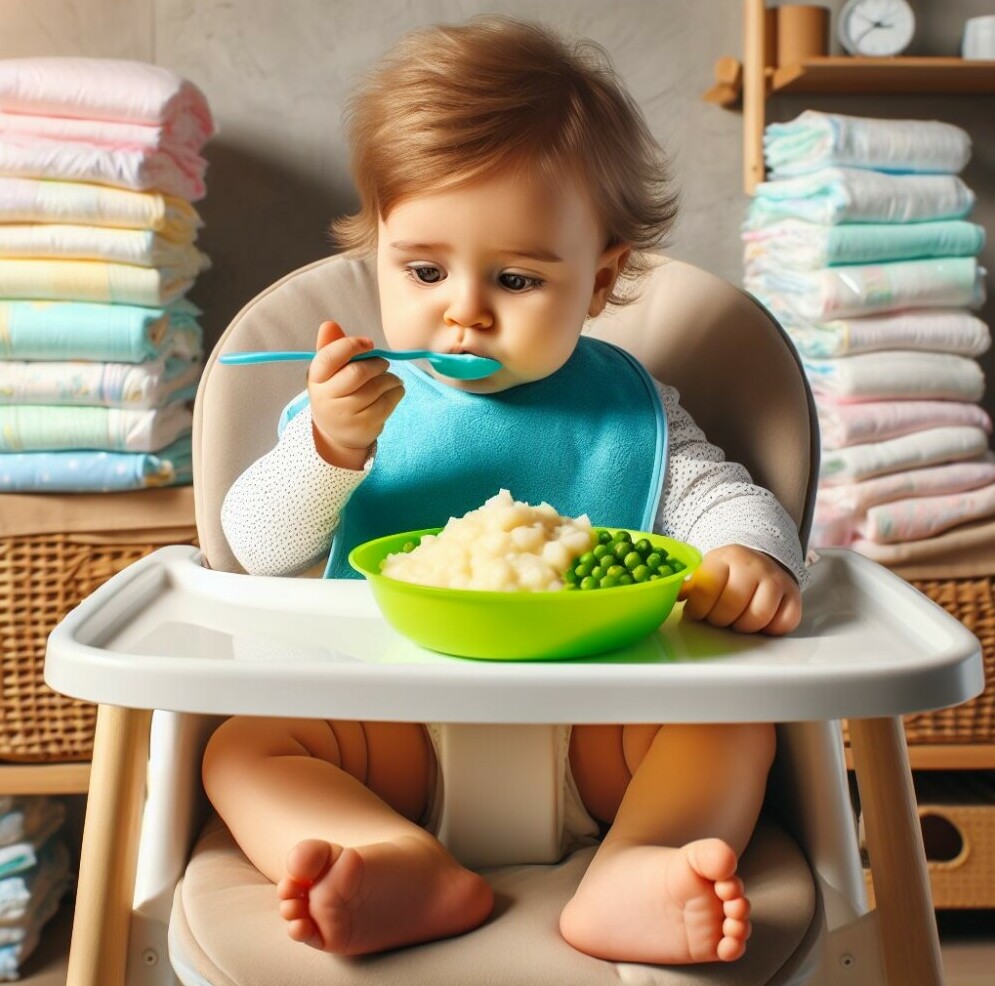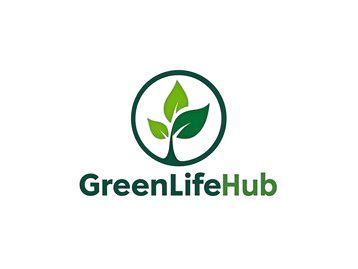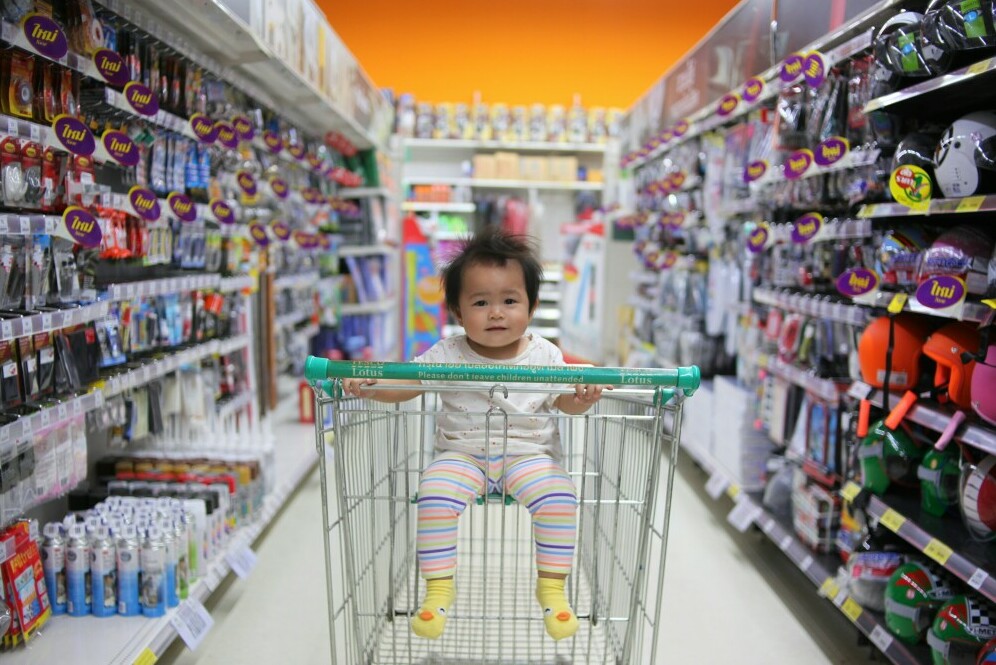Table of Contents
Introduction
I’m going to let you in on a little secret: becoming a parent doesn’t have to mean compromising on your eco-friendly principles. There’s a growing demand for sustainable parenting, and zero waste baby products are at the heart of this movement. So, what’s this all about? It’s simple: these products are designed to minimise waste and reduce the environmental footprint of raising a little one.
The concept of zero waste centres around eliminating trash and reducing needless consumption. It’s about choosing products that can be fully used, reused, or recycled, leaving no trace behind. Why does this matter? Well, when you look at the pile of diapers and the mountain of wipes that accumulate in just one baby’s lifetime, the environmental impact is staggering.
Statistics show that parents will go through thousands of diapers and an unfathomable number of disposable wipes. Each product puts pressure on landfills and ecosystems. And this isn’t just about the sheer volume of waste; it’s also about the chemicals and resources used in these products.
That’s why I’m here to help you explore zero-waste baby products. They offer a path to be more eco-conscious without sacrificing the care and comfort your baby needs. As we move through this article, you’re going to find out about how to choose these products wisely, ensuring that they are both beneficial to the environment and your little one.
Here’s the good news: starting zero waste practices from the beginning of your parenting journey sets a solid foundation. It aligns with a lifestyle that’s not only better for the planet but also imbues your child with sustainable values as they grow. Coming up next, we’ll dive into how to choose the best zero-waste baby products that will make a positive change in your life and the world around you.
Choosing the Best Zero Waste Baby Products
When you’re ready to start picking out zero-waste baby products, you’re going to want to look for items that champion sustainability and provide the utmost safety and comfort for your little one. Here’s how you can make sound decisions.
Material matters a lot. Whether it’s diapers, clothes, or toys, opt for natural, biodegradable, or recyclable materials that have a minimal environmental footprint. Think organic cotton, bamboo, hemp, or wood.
I’m going to help you understand the importance of a product’s life cycle analysis. This examines the environmental impact from production to disposal, and a true zero-waste product will have a plan for its end-of-life that doesn’t involve a landfill.
You can always adjust your approach down the road, but starting with items that have positive reviews for durability and eco-friendliness is a good practice. I’ll recommend a few brands and products that are hitting the mark.
And if you’re the creative type, why not create DIY baby products? Upcycling and crafting at home can not only be fun but also incredibly rewarding. Making your cloth diapers or toys can be a great project.
Lastly, choose products from companies that are transparent about their manufacturing processes and have legitimate certifications. Labels like Global Organic Textile Standard (GOTS) or Fair Trade assure ethical production.
From Diapers to Dishes: Zero Waste Options for Common Baby Needs

Imagine the sheer amount of waste traditional baby-rearing practices produce. It can be quite staggering. From single-use diapers that take centuries to decompose to plastic toys that quickly lose their novelty, the waste footprint is immense. I’m going to show you how to go from disposable to sustainable with everyday items using zero-waste options that are better for the environment and, often, for your wallet in the long run.
First up, diapers. The average baby goes through thousands of diapers, but there’s an alternative: reusable diapers. These come in various materials like cotton, bamboo, or hemp, and can be just as easy to use as disposables once you get into the swing of things. Plus, modern designs have made them as effective and much cuter than old-school cloth nappies!
You’ve probably seen traditional plastic baby dishes but let me introduce you to something different. Biodegradable dishes and utensils crafted from materials like bamboo or plant-based plastics offer a fantastic reusable option that won’t sit in a landfill for generations. They’re also typically BPA-free, which is excellent for your baby’s health.
Clothing might not seem as impactful, but with the speedy growth of babies, it adds up! Opt for clothing swaps, second-hand shops, or sustainable brands. And for laundry, choose biodegradable detergents and embrace line drying when you can.
Now, when it comes to toys, wood, natural rubber, or even homemade playthings can provide your child with endless hours of fun without contributing to plastic pollution. It’s choosing quality and sustainability over quantity. Who said zero waste has to be boring?
Maintaining a hygienic environment is paramount with little ones around. Natural cleaning products and reusable cloths can keep your home clean without the unnecessary plastic waste of traditional cleaning wipes and sprays. And trust me, these products are just as effective at keeping those germs at bay.
Next in our zero waste adventure, I’m going to talk about how embracing these practices not only impacts the planet today but how it educates your child for a sustainable tomorrow. Stick with me, because this is not just about the products you choose, it’s also about laying the groundwork for the next generation’s mindset toward the environment.
The Long-Term Impact: Educating Your Child about Sustainability
Now, you’ve gotten a handle on what zero-waste baby products to use, but this isn’t just about products; it’s also about teaching values. Educating your child about sustainability can set the stage for a lifetime of responsible choices and environmental stewardship. Let’s talk about moulding earth-friendly habits from the crib onwards.
Firstly, kids are like sponges, absorbing everything they see and hear, so setting a good example is crucial. Start simple: involve them in sorting recyclables or show them how composting works. Seeing you take actions seriously will make them more likely to follow suit.
It’s amazing how even play can be a learning opportunity. There are engaging games and activities that can make learning about recycling fun. Also, children’s books with a focus on nature can help instil respect for the environment at an early age.
It’s not all fun and games, though. Consistency is key. Keep encouraging these practices as your child grows. This way, it becomes second nature to them. Over time, they’ll understand why they are sorting plastics or why certain toys are made of natural materials.
Involving your child in your zero waste activities gives them a sense of ownership and pride in their actions. Whether it’s picking out a reusable water bottle for school or helping to carry a fabric shopping bag, they’re learning to make sustainable choices.
Thinking about the big picture, when you teach your child about sustainability, you’re also paving the way for future generations. It’s a ripple effect; one child educated in eco-conscious living can influence their friends, their future families, and their communities.
Transitioning into the next section, we’ll explore some real challenges that may arise. You’re not alone, and there are ways to navigate the bumps in the road on your zero-waste journey. So, don’t worry too much about hitting a few snags along the way; it’s normal, and there’s a community ready to support you.
Overcoming Challenges on the Zero Waste Path
Let’s address the elephant in the room: adopting a zero waste lifestyle, particularly as a parent, isn’t a walk in the park. You might find that convenience and sustainability seem to be at odds, especially during those busy, sleep-deprived newborn days. However, I’m here to help you weigh your options and find a balance that works for your family.
Social pressures and misconceptions can make the choice to go zero waste with your baby a bit more complicated. It’s not uncommon to receive well-meant but ultimately wasteful gifts or feel the need to conform to societal norms. Stick to your principles where you can, and don’t beat yourself up for the occasional compromise. It’s your journey, and every little bit helps.
Many parents worry about the costs associated with sustainable products, which is a valid concern. However, I want to share some strategies with you. Choosing reusable items can save money in the long run, and there are plenty of second-hand or community exchange options out there. Start small and gradually replace items with sustainable versions as needed.
A support system is crucial when making any significant life change, including moving towards zero waste. Luckily, there are many online forums, local groups, and even apps dedicated to zero-waste living where you can find tips, encouragement, and camaraderie.
Lastly, if you’re feeling overwhelmed, remember that consistency is key, not perfection. Celebrate the victories, learn from the setbacks, and know that every choice you make is contributing to a healthier planet for your child’s future. Keep up the good work, and know that the zero-waste community is cheering you on every step of the way.
If you are looking for a guide on how to choose age appropriate toys for your children please click here.
Kay,
greenlifehub.com

